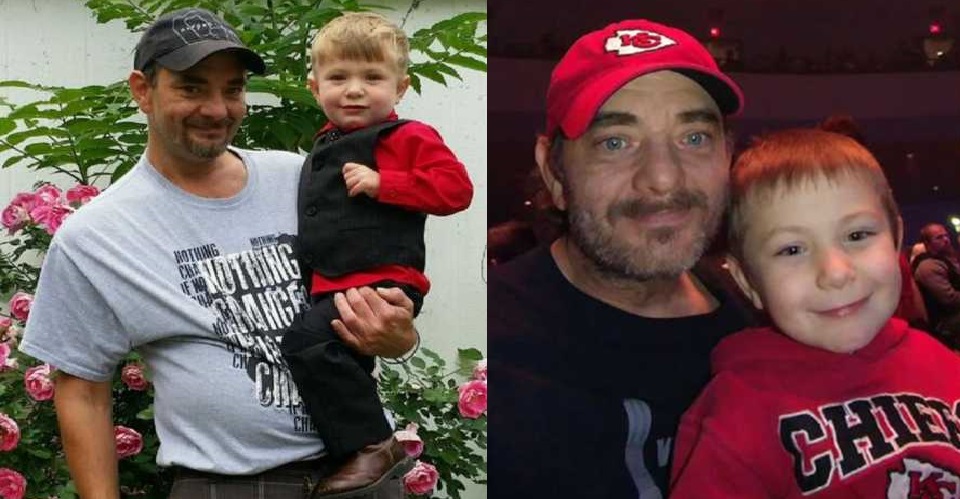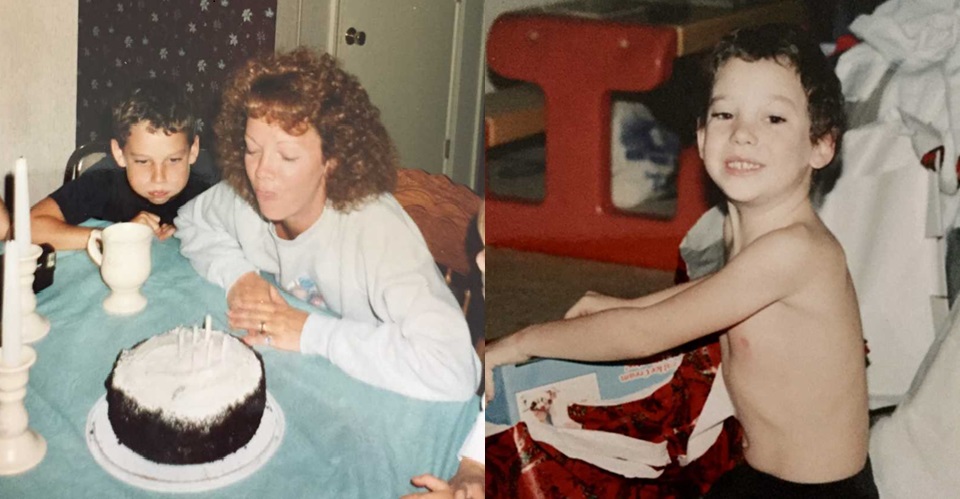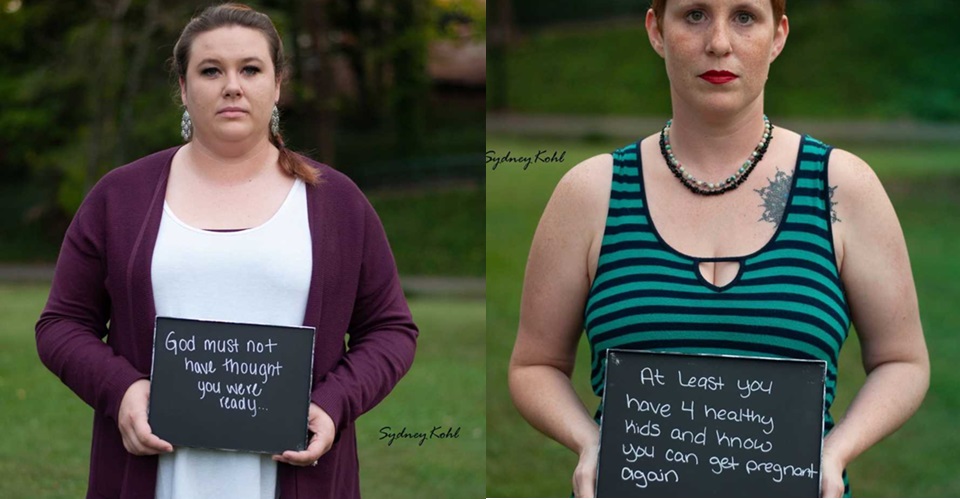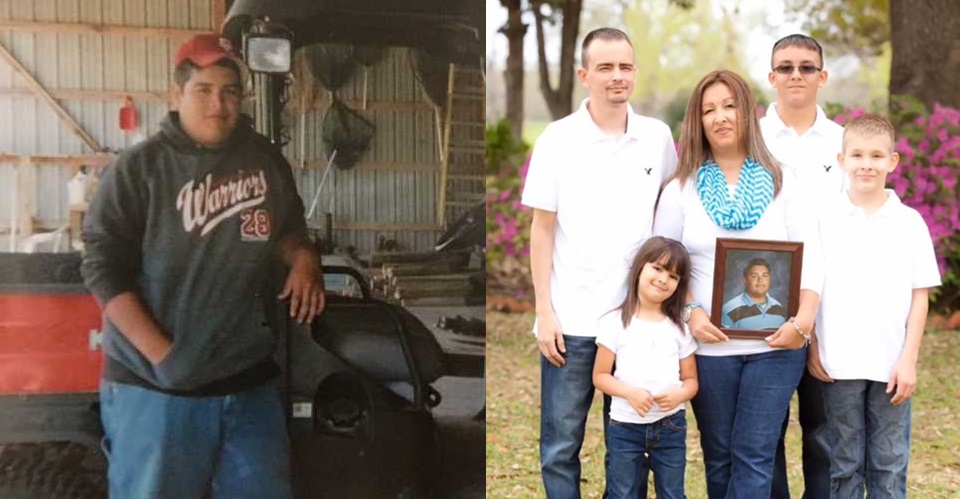Brad Sinkhorn’s addiction story could have ended in tragedy, but instead it became a testimony of redemption, faith, and second chances. His sobriety journey did not come easy, and for years alcohol dictated every move he made. He grew up like many others, caught in the pull of wanting to fit in and drink like everyone around him. By the time he was serving in the Army in 1990, alcohol was not just a pastime, it was a habit woven into the fabric of daily life.
At first, it felt harmless. A few beers with friends, a way to blow off steam. But alcohol has a way of sneaking in quietly before it robs you blind. For Brad, the breaking point came much later, when he had children who needed him. His youngest son, K.C., ended up in foster care, and instead of facing the reality that alcohol was stealing his family, he poured himself deeper into drinking. Like so many people caught in addiction, he believed he could manage it, that he had things under control.
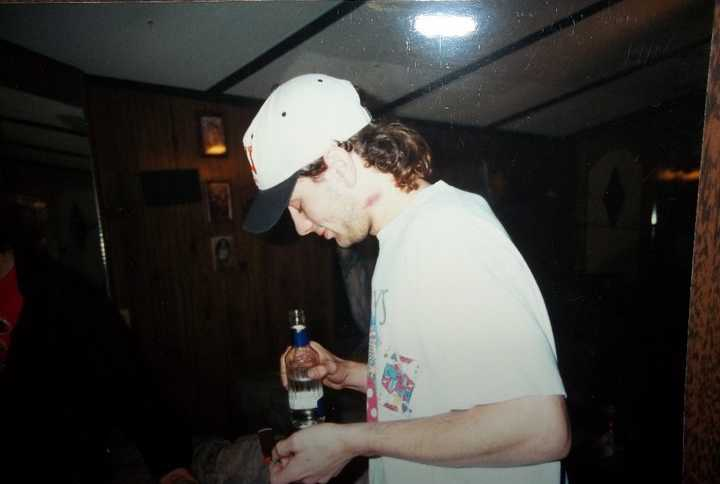
For a while, he convinced others of that too. After K.C.’s mother lost her parental rights, Brad worked through the system and eventually had his son back in his care. He said he was improving, but the bottles never left his side. Then one October night in 2014, everything changed. Carrying his son upstairs, Brad stumbled and fell. K.C. was rushed to Children’s Mercy Hospital with a fractured skull, and though he survived, the trust was broken. His little boy was placed back in foster care, and Brad slipped further toward rock bottom.
Losing custody once again gutted him. He tried to play the system, carrying a mobile breathalyzer as the court required but timing his drinking so he could blow sober when it beeped. Deep down he knew he was lying to himself and everyone else, but alcohol had its claws in him. Visits with his son grew fewer. Excuses piled up. He felt hopeless, unworthy, and utterly alone.
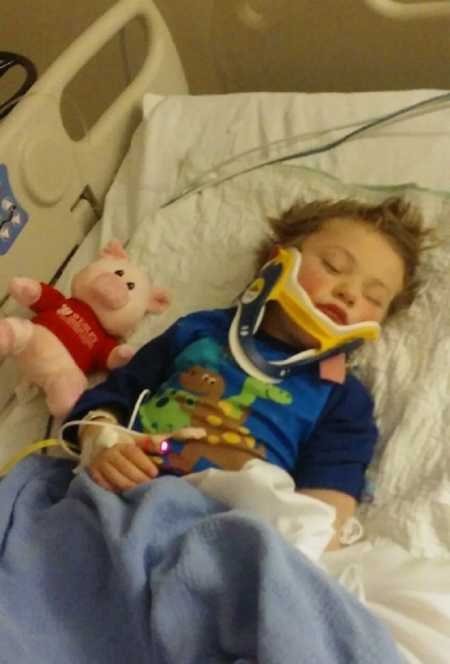
Then came a pivotal moment. A case manager named Mandy sat across from him in his home right before Christmas of 2014 and refused to let him drown in denial. She reminded him that his son needed him, not the broken version of himself that alcohol kept dragging down. Something about that conversation cracked through the walls he had built. He wept, angry at himself, terrified of change, and ready for something different.
By January 2015, Brad finally checked into rehab at Valley Hope in Moundridge, Kansas. For the first time, he began to believe he was not a lost cause. Thirty days in treatment turned into several months in a sober living house, and he started to see a version of himself that had been buried for years. Yet recovery is not a straight line. He relapsed later that year, drinking for 20 days straight and losing overnight visits with his son. That setback nearly crushed him, but an old saying from AA echoed in his ears: the relapse does not erase the progress, it only proves the fight is still worth it.
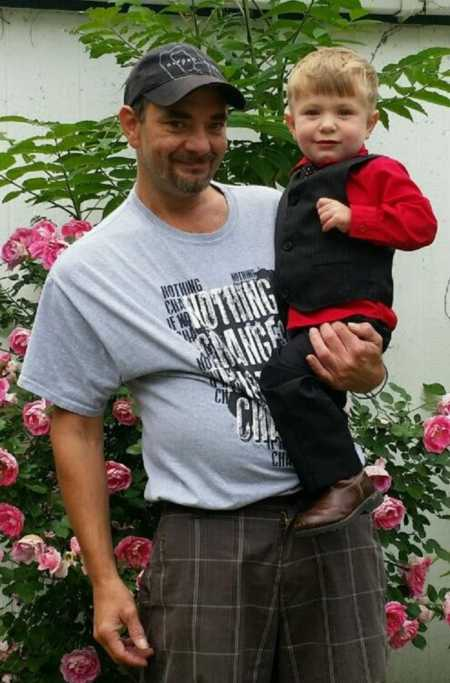
So Brad fought harder. He leaned into the support of his recovery community, moved closer to sober friends, and rebuilt piece by piece. On April 1, 2016, K.C. finally came home to him for good. That moment felt like resurrection, a new life not just for him but also for his son.
Brad’s sobriety journey has now stretched into years, marked by meetings, prayer, and a commitment to honesty. He says life is not perfect, and it never will be. Hard days still come, but today he meets them with the tools he learned in recovery instead of a bottle. He celebrates milestones not with alcohol, but with gratitude. Three years sober became 1000 days, then even more.
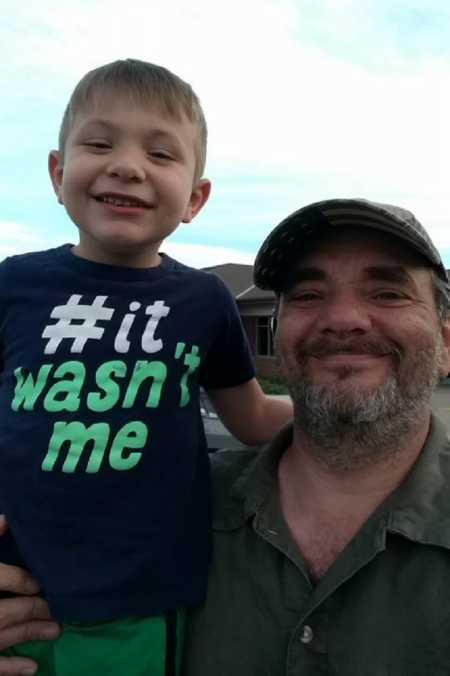
This is more than an addiction story. It is proof that rock bottom does not have to be the end. A father who once lost everything because of alcohol now has his son, his faith, and his life back.
